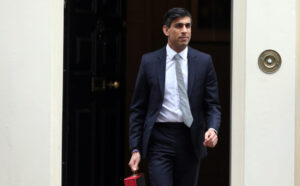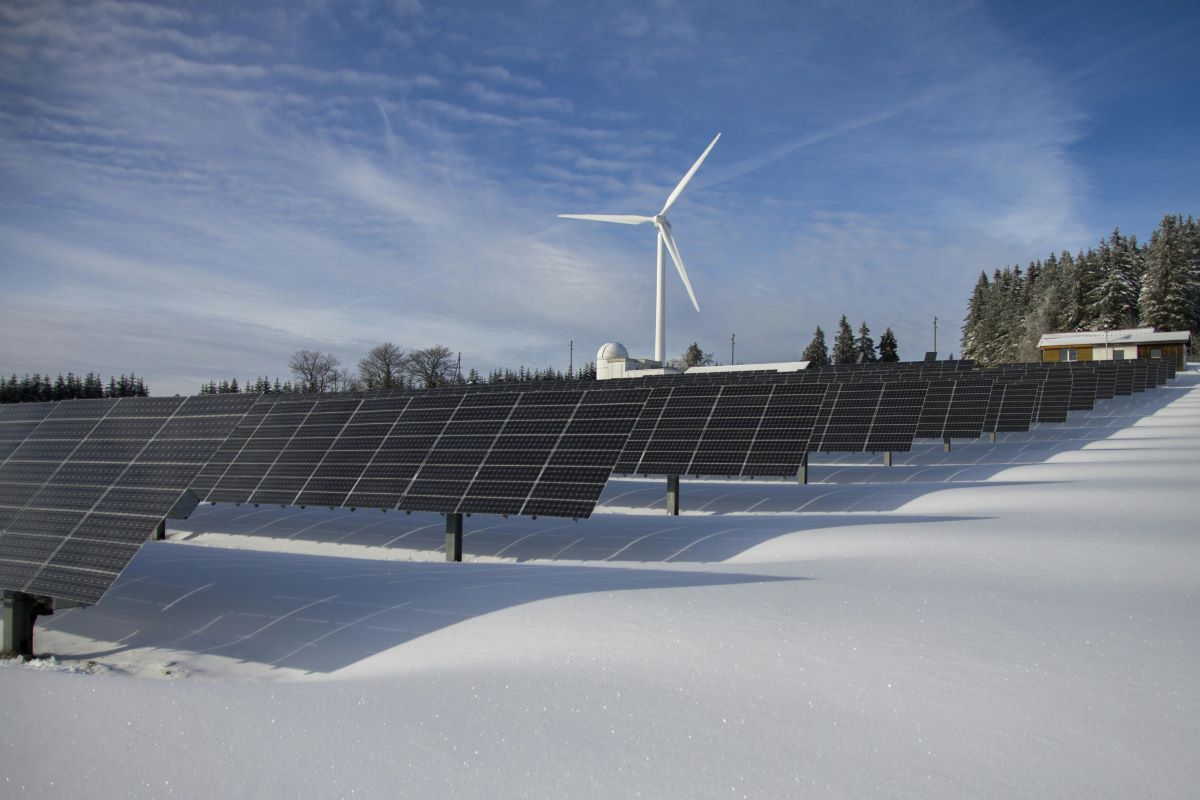Sunak will use £30bn ‘war chest’ to tackle the cost-of-living crisis
Rishi Sunak will today pledge to do more to help families deal with the cost-of-living crisis by spending some of the government’s £30 billion “war chest” from higher tax receipts. Read more: Sunak will use £30bn ‘war chest’ to tackle the cost-of-living crisis


Rishi Sunak will today pledge to do more to help families deal with the cost-of-living crisis by spending some of the government’s £30 billion “war chest” from higher tax receipts.
The chancellor is expected to outline measures in his spring statement to reduce the burden of national insurance rises on the poorest families and cut taxes on petrol and diesel sales in response to rising fuel prices.
He will, however, stand by the government’s decision to raise national insurance rates by 1.25 per cent to pay for health and social care and insist that he needs to prioritise “more resilient public finances”.
Figures from the Office for National Statistics (ONS) showed tax receipts of £71.9 billion last month. The total take so far this year is £37 billion higher than forecast by the Office for Budget Responsibility (OBR) in October.
However, the public sector borrowed £13.1 billion in February, more than the £8 billion expected by economists, owing to higher debt interest payments linked to inflation.
Treasury sources have warned that, with inflation expected to stay high for months, Sunak’s room for manoeuvre is limited. Although he is expected to announce a cut in the headline rate of fuel duty, a reduction of less than 5p a litre is anticipated amid concerns in government that any reduction will become permanent.
Sunak is expected to announce a rise in the level at which workers start paying national insurance to ensure that poorer households are not hit by the new health and social care levy. There is also speculation that he will increase universal credit allowances to protect the most vulnerable families from rising food and energy costs.
The chancellor is expected to argue that the global financial instability caused by the war in Ukraine makes it more important to control government borrowing and start reducing debt after the pandemic. Existing debt is heavily linked to inflation, making the public finances vulnerable if recent rises are sustained. The ONS said that the government’s interest payments reached £8.2 billion last month, compared with £5.4 billion in February last year. Food and energy costs are helping to push up household living costs and could result in near double-digit inflation this year, according to the Bank of England. Consumer price inflation is already at a 30-year high of 5.5 per cent. The ONS said that VAT and fuel duty revenues both rose in February.
Total UK public sector borrowing fell to £134.8 billion in the 11 months to February, down from the £290.9 billion borrowed in the same period a year earlier, when the government was fighting the pandemic. Sunak is expected to unveil a healthy set of public finance estimates tomorrow on the back of bumper tax revenues driven by falling unemployment and rising inflation pushing up income tax receipts. However, borrowing for 2022-23 is expected to climb above previous estimates because of higher debt-servicing costs and lower economic growth.
The OBR is expected to raise its borrowing estimate from a projected £83 billion to more than £120 billion in 2022-23, according to Capital Economics. Michael Stelmach, an economist at KPMG, said: “A more persistent inflationary outlook and rising interest rates will continue to put pressure on the public finances over the coming months.”
Martin Lewis, the founder of the MoneySavingExpert website, told MPs yesterday that the government’s package of measures to help those on the lowest incomes cope with energy bill increases was insufficient. “It needs to give them more money. It really is as simple as that,” he said. Lewis added that some energy companies were increasing customers’ direct debits disproportionately, suggesting it was a deliberate strategy to help cash flow.
Gillian Cooper, head of energy policy at Citizens Advice, told the Commons business committee: “Without further support we’re heading towards a crisis where a significant proportion of the population cannot afford to keep safe and warm in their home.”
Read more:
Sunak will use £30bn ‘war chest’ to tackle the cost-of-living crisis






















